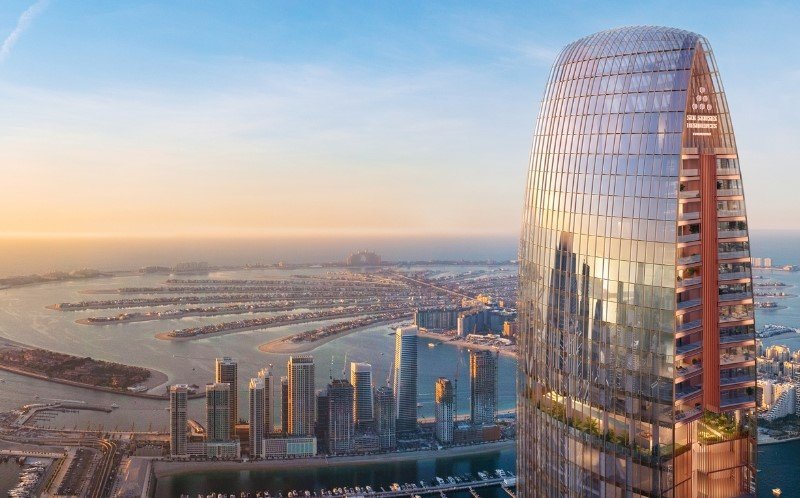


Posted on








Dubai consistently delivers exceptional ROI, ranging from 7-10%, far outperforming global cities like Monaco (3-4%), New York (3-4%), and London (2-5%). This makes Dubai a top choice for investors seeking strong, reliable returns in the real estate market.
Dubai’s real estate market experiences annual capital appreciation of 5-8%, exceeding cities like Monaco (2-3%), Paris (3%), and Hong Kong (4%), ensuring strong long-term growth for investors.
Dubai’s 0% property tax gives investors a significant advantage over markets like Monaco and the US, where property taxes can take a large share of profits. This makes Dubai uniquely attractive for maximizing returns.

No Data Found
Location: Dubai
Starting Price (AED): 1,000,000
Unique location with high demand for short-term rentals, luxury market appeal, and potential for high returns.
Location: Ras Al Khaimah
Starting Price (AED): 1,500,000
Unique location with high demand for short-term rentals, luxury market appeal, and potential for high returns.
Location: Dubai
Starting Price (AED): 1,500,000
Major transformation, high demand, and capital appreciation due to its central location and upcoming projects.
Location: Dubai
Starting Price (AED): 1,300,000
High rental demand, premium lifestyle offering, and substantial long-term capital growth.
Location: Dubai
Starting Price (AED): 18,000,000
Exclusive waterfront location with high demand, strong capital appreciation, and rental yields.
At Jaxtox Real Estate, we’re proud to be a top real estate company in Dubai. We offer expert advice and personalized services for both local and international clients. Our team of experienced professionals is here to help you navigate Dubai’s property market.
Whether you’re a first-time buyer, an experienced investor, or looking for luxury properties, we’ve got you covered. We provide all the information and insights you need to make informed decisions.
With Jaxtox Real Estate, you’ll get the best guidance throughout your real estate journey. We make sure every step, from finding the perfect property to finalizing the deal, is smooth and stress-free. Our commitment to excellence and customer satisfaction makes us your trusted partner in Dubai.
Finding the right real estate agent can be tough, but with Jaxtox, it’s easy. We carefully choose agents who know the local market and meet your specific needs. Whether you’re buying, selling, or renting, you’ll get the best advice and service from trusted professionals.
The platform matches you with agents who share your goals. This helps you make confident decisions.